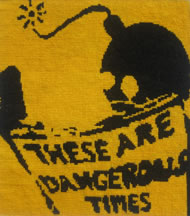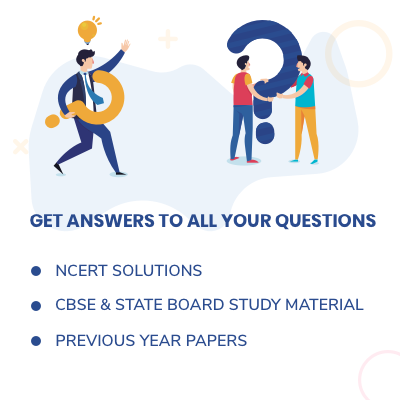10 Tips For Better Proofreading | FreelanceWriting
10 Tips For Better Proofreading
The title in this article should grab your attention for one of two reasons: you are interested in being a proofreader or you notice the language is inappropriate. “Wanna” is not standard English. Looking at this title, you probably came to one of two conclusions: the writer deliberately used a mistake to grab your attention, or the writer did not proofread very well. At Aaron Language Services, we see error after error from people who apply for proofreading work. We do not expect perfection, but we do have ten tips to help proofreaders get closer to producing good work.
1. Careful checking
Your email message may not be your proofreading work. If you are looking for proofreading work though, any typos or other errors will cast doubt on the quality of your work. If the email message is accompanying proofreading work, the errors will cast doubt on the attached work.
2. Three times
Good proofreading borders on the obsessive. Catching those last errors requires attention to detail. Proofread everything at least three times. I needed three reads to finally notice that I had written “tree times” above instead of “three times”.
3. Time intervals
If you keep reading the same writing over and over, catching mistakes becomes more difficult. We suggest that you spread out your three proofreadings over time. For simple text, this proofreading does not have to be on different days. For a longer and more complicated document though, each reading should be on a separate day.
4. Fresh and alert
We work best when we are fresh and alert. Proofreading is complicated because we read for meaning, not for errors. Be sure that you are fresh and alert when you do your final proofreading.
5. Your spellchecker
As basic as this tip is, many people seem to forget. Use your spellchecker.
6. Search engines
Spellcheckers are not perfect. When writing this, the spellchecker said “proofreadings” was misspelled. I was positive it was not, but I still checked. Even when I am positive, I am still wrong sometimes.
7. When in doubt
With the Internet just a few keystrokes away, the answers to most of our questions are just as close. If you do not know something, research it. Check dictionaries and other references. Check search engines to see what standard usage is.
8. Read
Reference materials help us to become better writers and to catch mistakes. Take advantage of them.
9. Reading
Anyone wanting to be a better writer, editor, or proofreader needs to read. Reading gives us the unconscious language knowledge that we need. As you read more books on writing, editing and proofreading and as you write, edit and proofread, you will also start to look more consciously as you read in general. You will notice Hemingway’s short active sentences and Faulkner’s punctuation of his long descriptive sentences. The more you read, the more you will notice. The more you notice, the better you will write, edit and proofread.
10. Taking a break
We do not work in an ideal world; sometimes we must work when we are tired. Take breaks; refresh yourself. Do a page; walk around the room; do another page. A tired proofreader is a poor proofreader.
Being a good writer, editor, or proofreader takes time. Improving your writing, editing, and proofreading takes time too. If you follow these ten tips, you will learn and get better. Writing, editing, and proofreading are not mysterious skills that come to us naturally. If we work on them, we will get better. We wish you the best in developing your proofreading and editing skills.



/Image_01-57fedf985f9b5805c29f0b5b.jpg)






